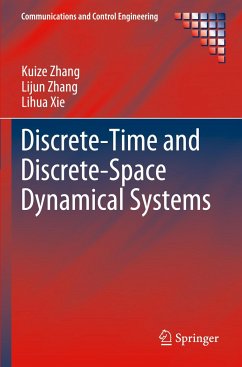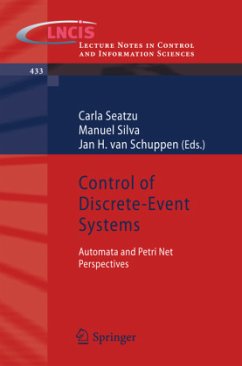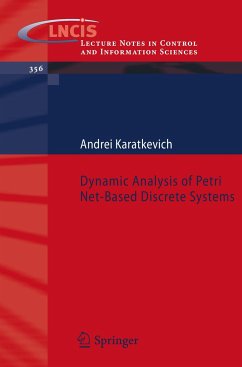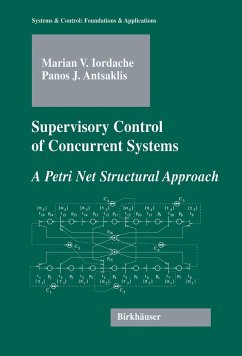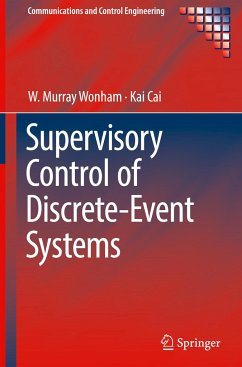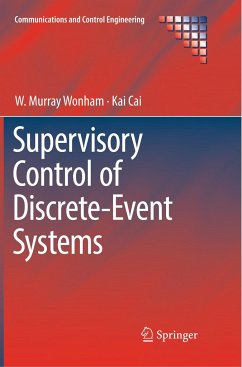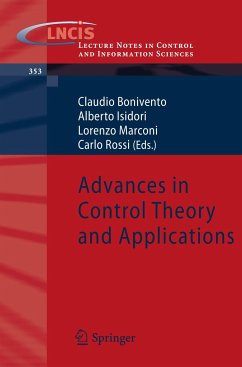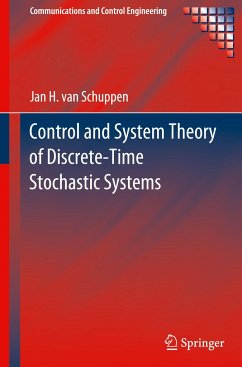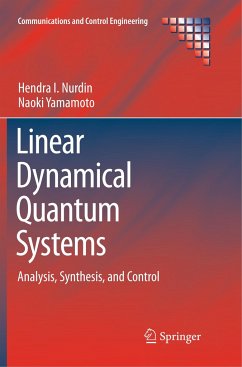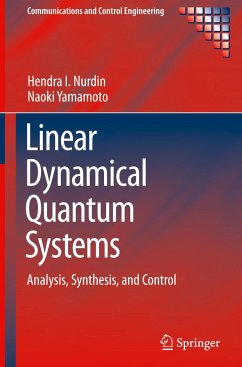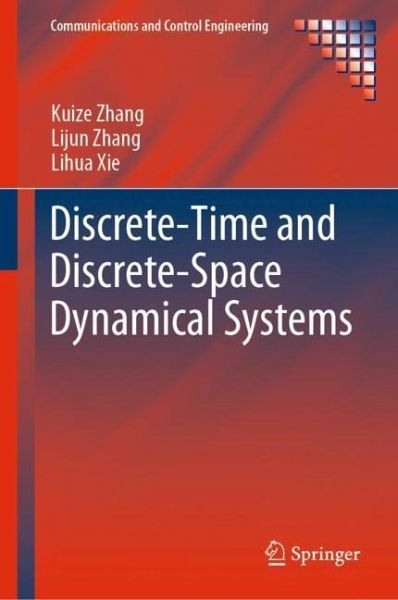
Discrete-Time and Discrete-Space Dynamical Systems
Versandkostenfrei!
Versandfertig in 6-10 Tagen
76,99 €
inkl. MwSt.
Weitere Ausgaben:

PAYBACK Punkte
38 °P sammeln!
Discrete-Time and Discrete-Space Dynamical Systems provides a systematic characterization of the similarities and differences of several types of discrete-time and discrete-space dynamical systems, including:Boolean control networks;nondeterministic finite-transition systems;finite automata;labelled Petri nets; andcellular automata.The book's perspective is primarily based on topological properties though it also employs semitensor-product and graph-theoretic methods where appropriate. It presents a series of fundamental results: invertibility, observability, detectability, reversiblity, etc.,...
Discrete-Time and Discrete-Space Dynamical Systems provides a systematic characterization of the similarities and differences of several types of discrete-time and discrete-space dynamical systems, including:Boolean control networks;nondeterministic finite-transition systems;finite automata;labelled Petri nets; andcellular automata.The book's perspective is primarily based on topological properties though it also employs semitensor-product and graph-theoretic methods where appropriate. It presents a series of fundamental results: invertibility, observability, detectability, reversiblity, etc., with applications to systems biology.
Academic researchers with backgrounds in applied mathematics, engineering or computer science and practising engineers working with discrete-time and discrete-space systems will find this book a helpful source of new understanding for this increasingly important class of systems. The basic results to be found within are of fundamental importance for further study of related problems such as automated synthesis and safety control in cyber-physical systems using formal methods.
Academic researchers with backgrounds in applied mathematics, engineering or computer science and practising engineers working with discrete-time and discrete-space systems will find this book a helpful source of new understanding for this increasingly important class of systems. The basic results to be found within are of fundamental importance for further study of related problems such as automated synthesis and safety control in cyber-physical systems using formal methods.



